What is Healthier? Pasture-Raised Eggs vs. Free Range Eggs
Pasture-raised eggs vs. free range eggs? What should you buy? In this post, I’ll tell you how to choose the healthiest eggs for your family.
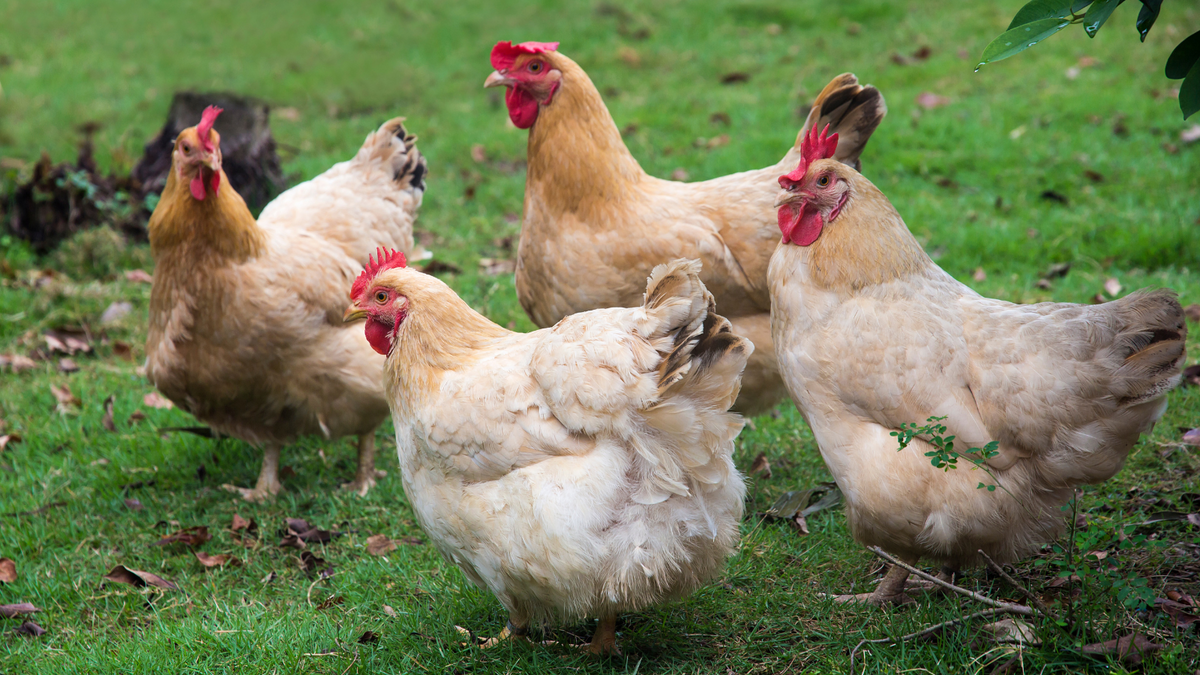
Pasture-raised eggs vs. free range eggs? What should you buy?
In this post, I’ll tell you how to choose the healthiest eggs for your family.
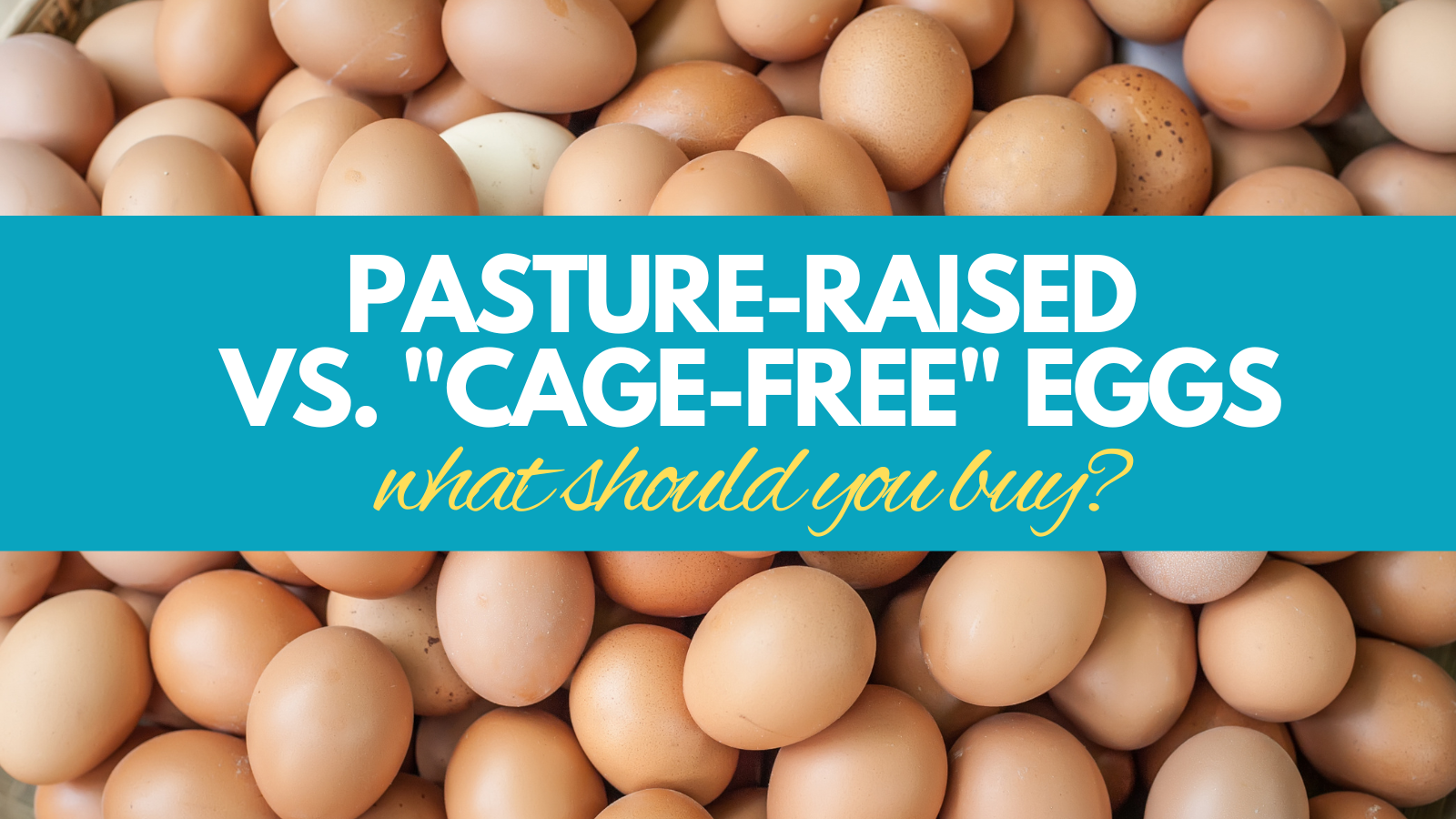
Why Eggs?
If you read my blog regularly, you know I love eggs. Eggs are one of the most economical ways to increase the nutrients in your family’s diet.
Eggs are full of vitamin D, vitamin A, vitamin E, omega 3 fatty acids, beta carotene, cholesterol (which is good for you), and saturated fat, which is also good for you.
I don’t just buy any eggs. I only buy pasture-raised eggs from local farmers who keep their chickens outdoors and let them roam around in the sun, eating bugs.
What kind of eggs should we buy? There are many labels and most people don't know what they mean. Organic eggs? Cage-free eggs? Pastured-eggs?
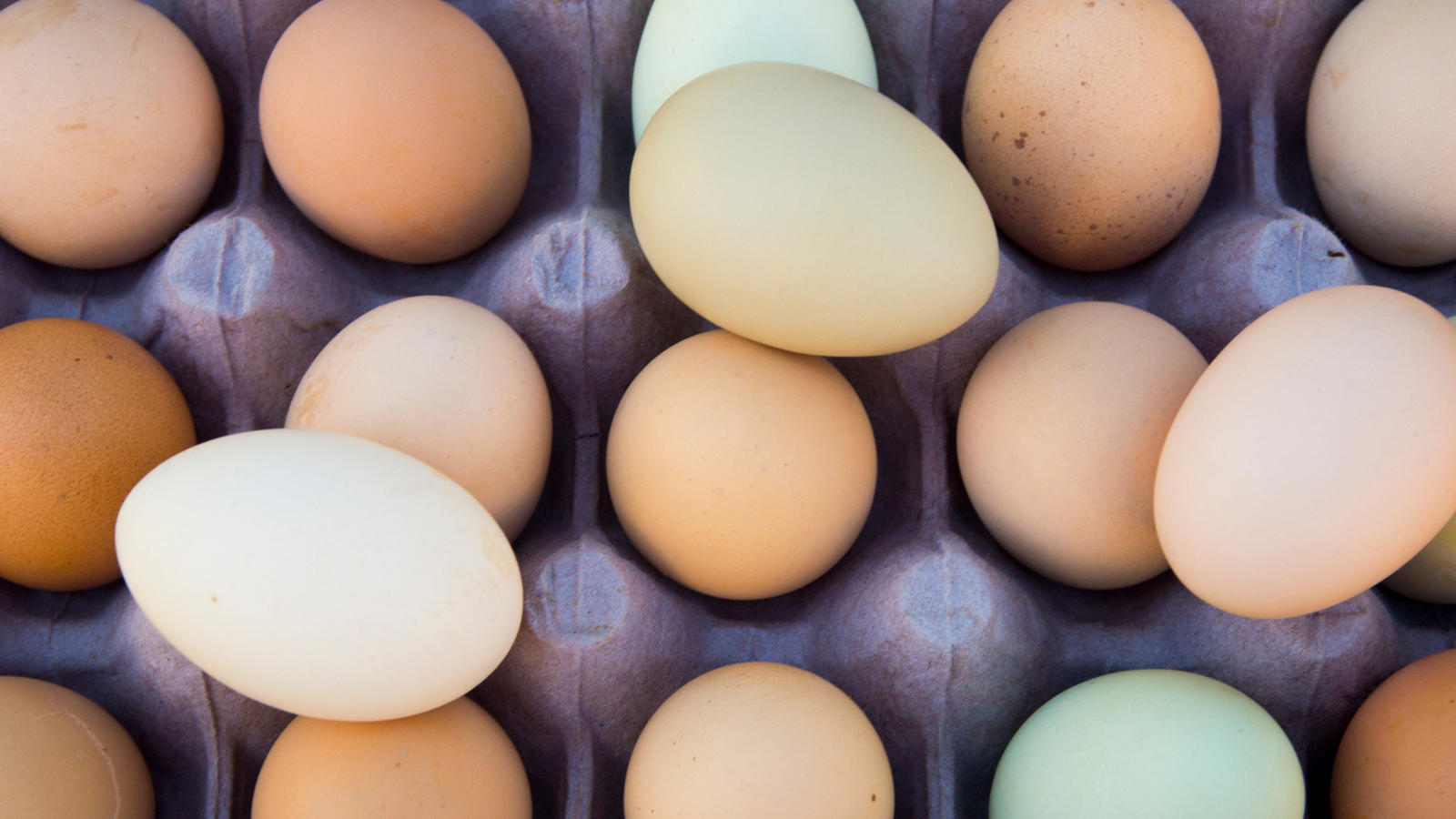
Why I Never Buy Regular Supermarket Eggs
I knew supermarket eggs were bad. I knew that regular eggs come from chickens that are crowded in cages.
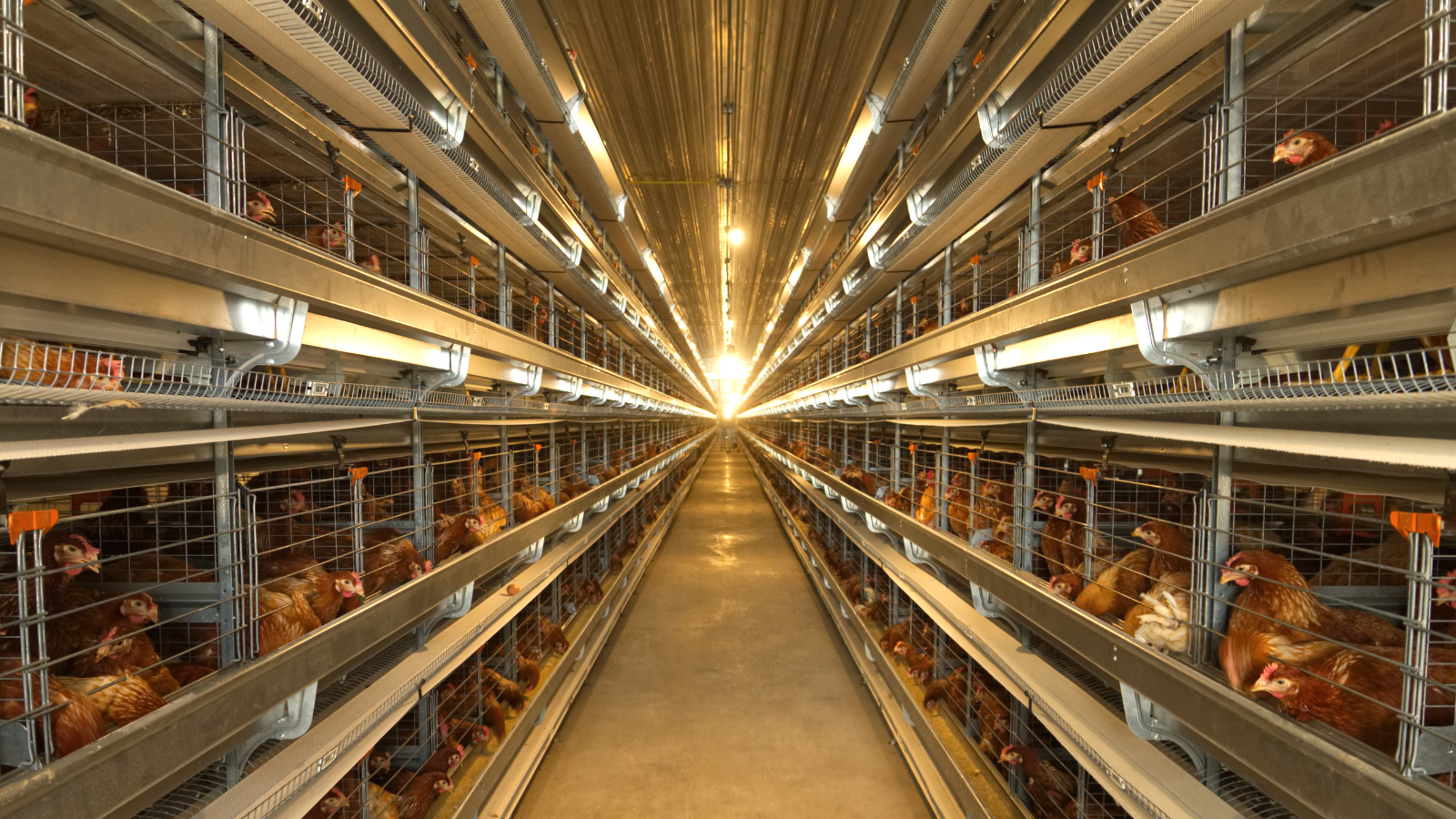
These chickens don’t even have room to move or turn around.
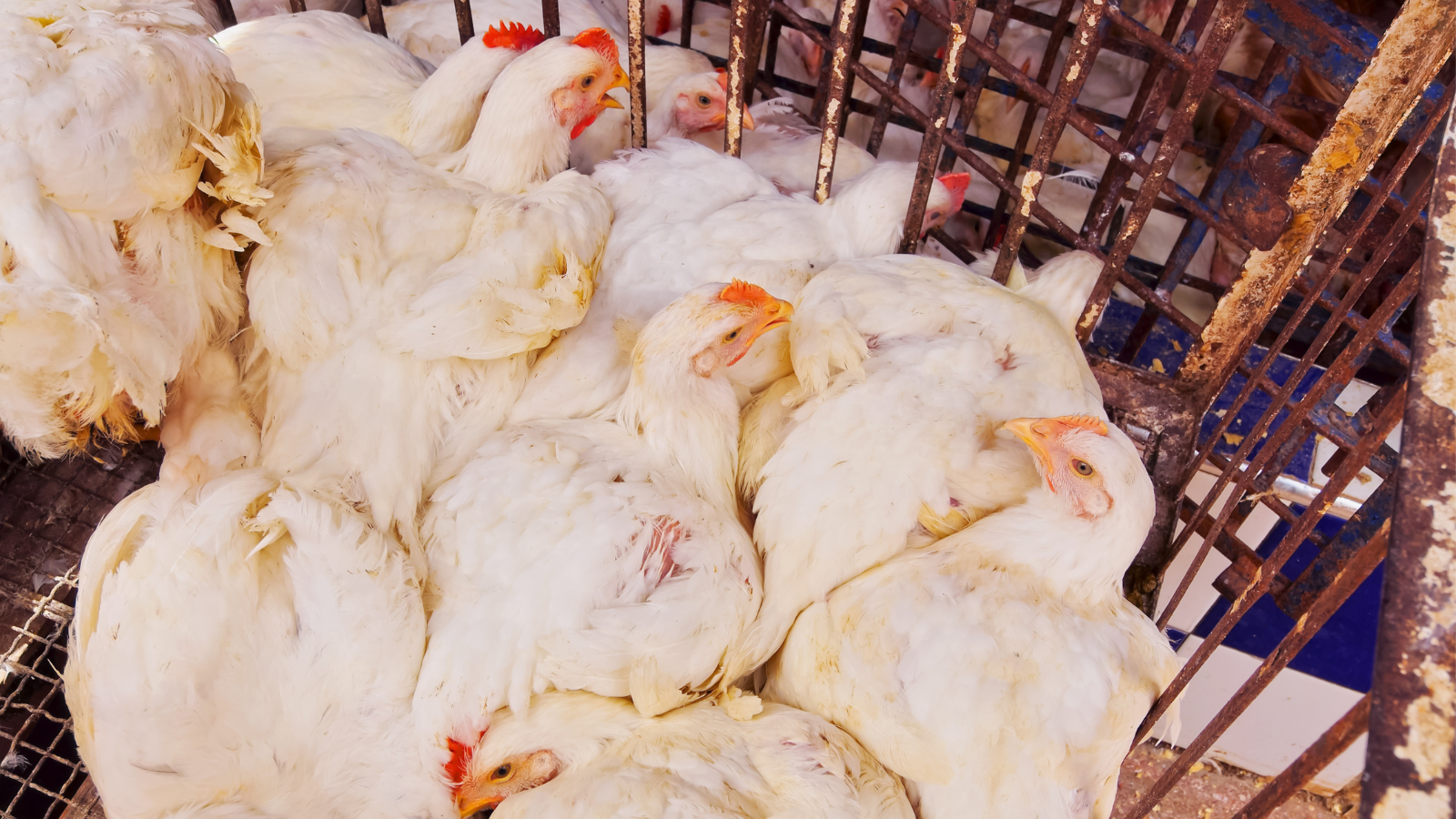
They are pumped with antibiotics and fed genetically-modified feed instead of foraging on grass, eating worms, which is what chickens are supposed to do.
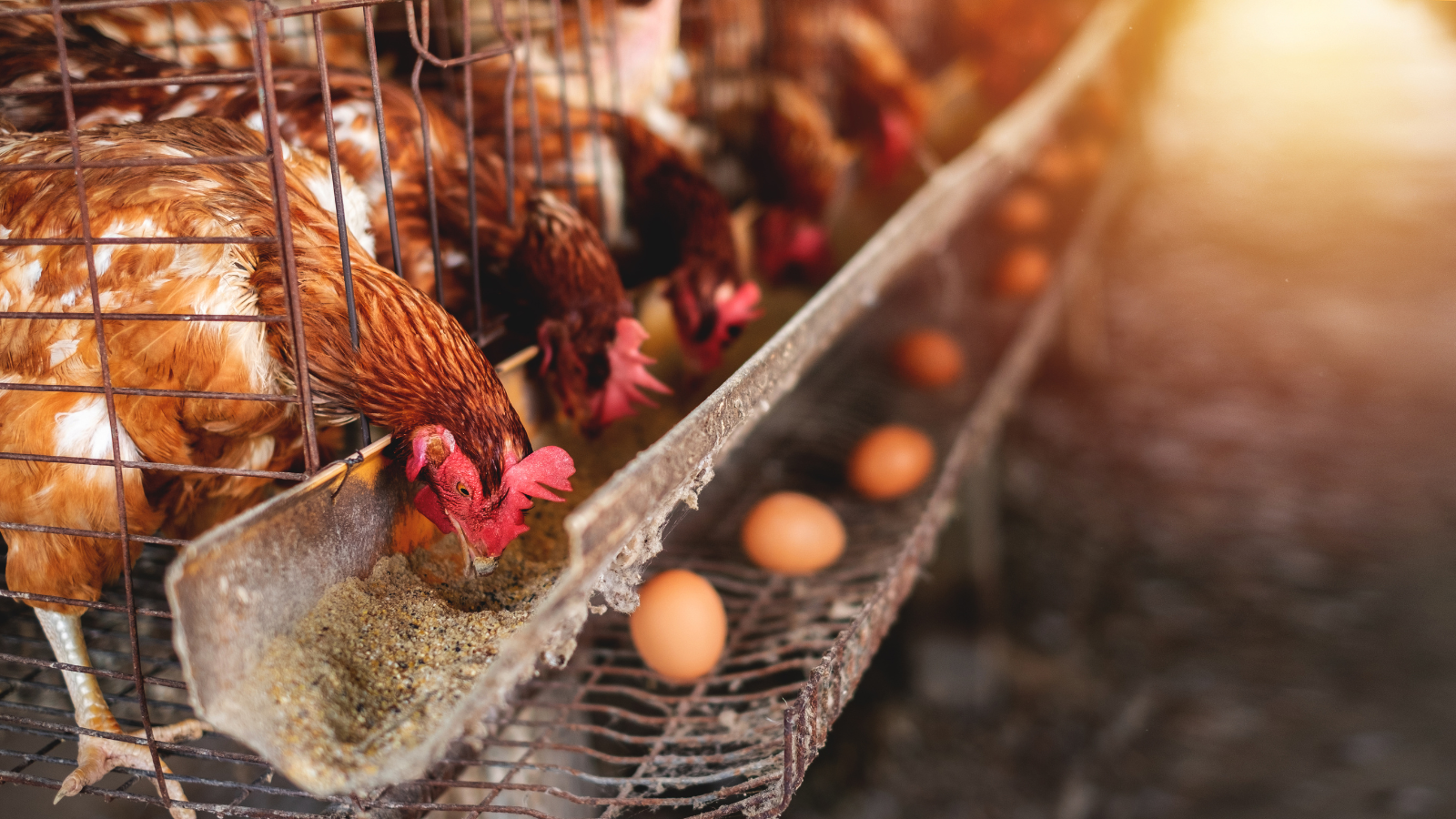
They’re sick and very unhealthy — which is why it’s so common to find salmonella with factory farm chickens and eggs.
Regular Supermarket Eggs vs. "Free-Range" Eggs
For years, I bought organic free-range eggs. I though organic free range-eggs were the best. I was wrong.
The definition of “free range” or “cage free” is that they give the chickens “access to the outdoors”.
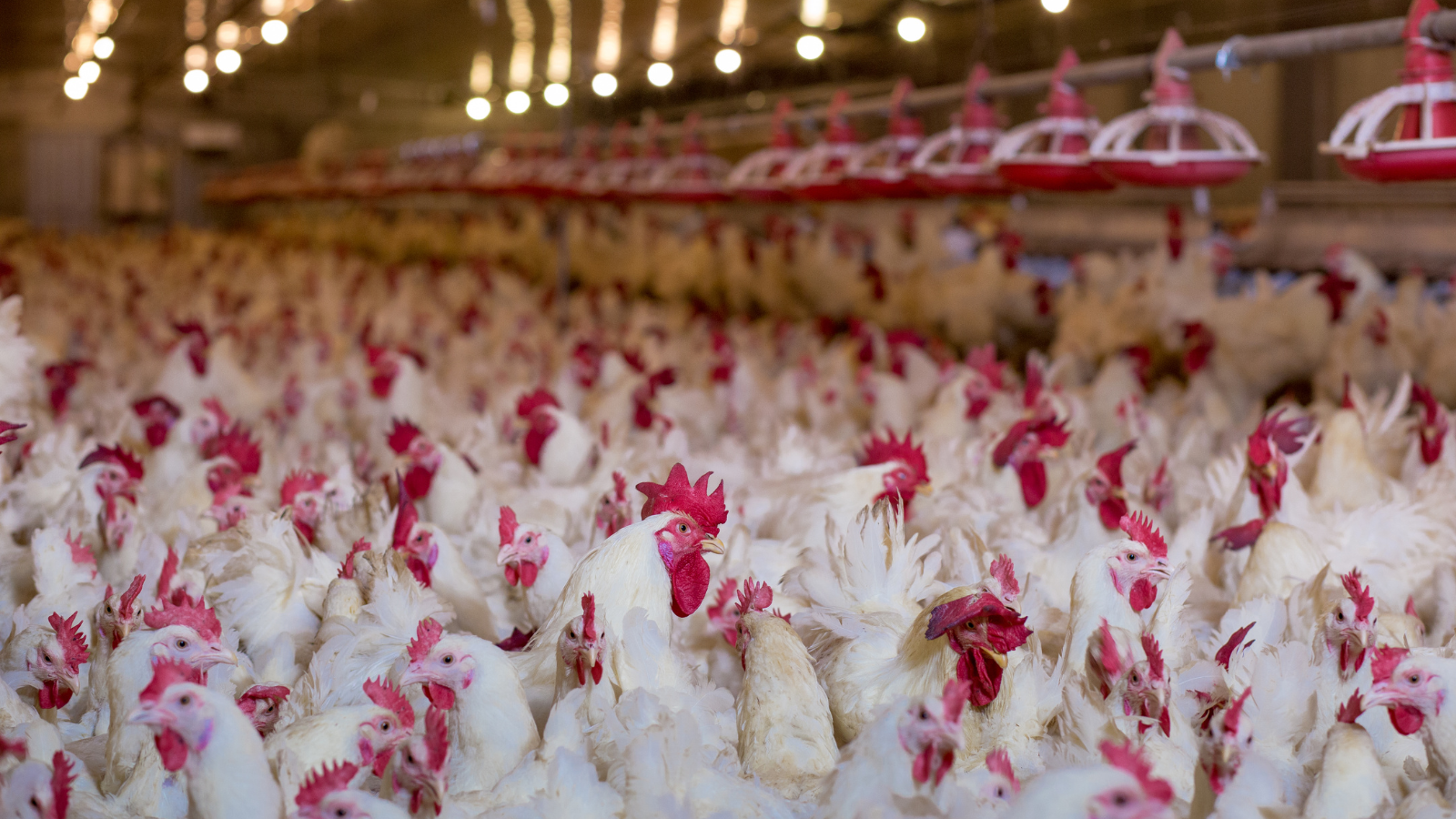
What does that mean? Uh, nothing. Do they really go outside? No, usually not.
They’re crowded into large, windowless sheds and they rarely ever go outside. They may not be "in cages" but they are not treated humanely.
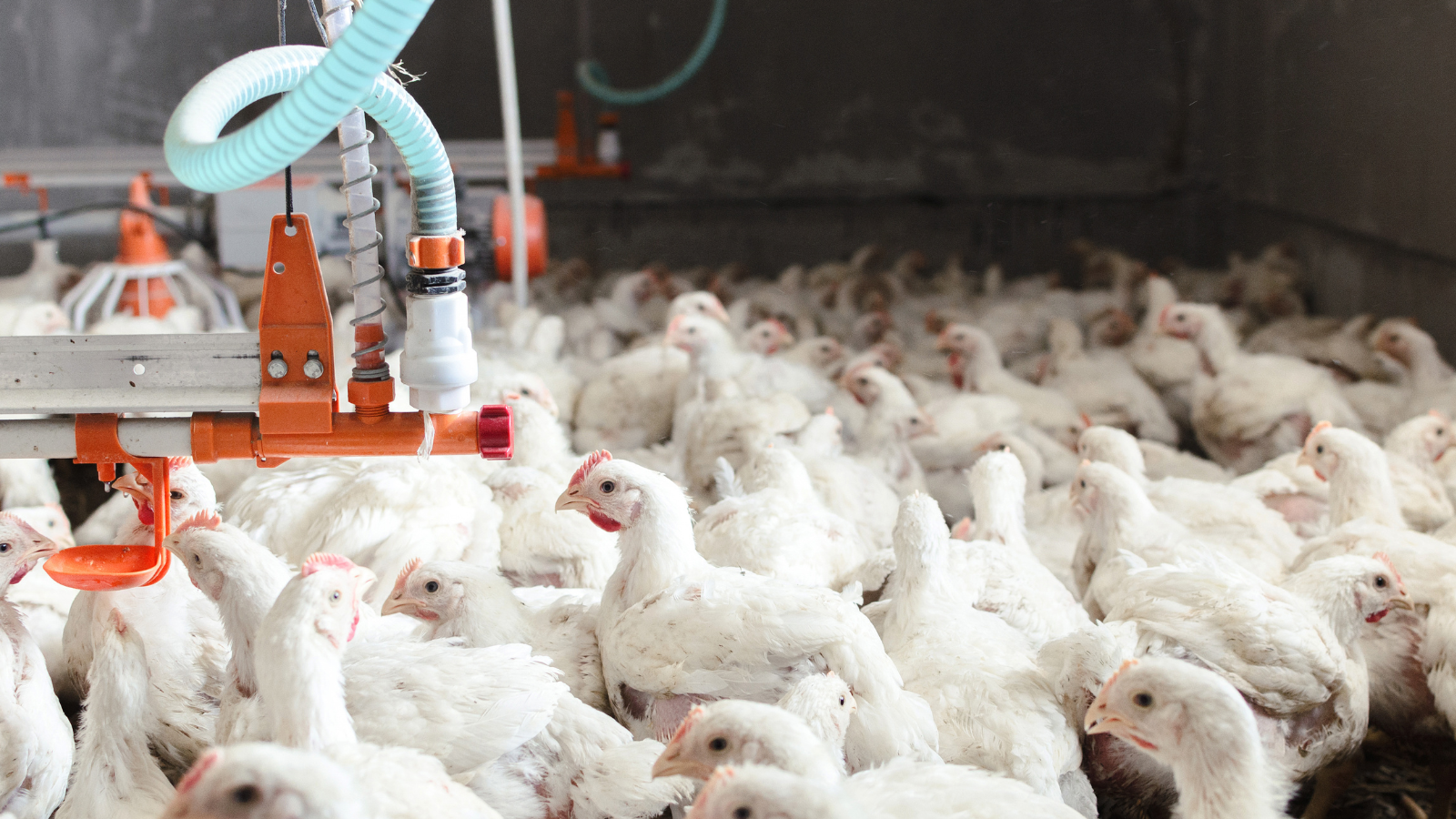
"Cage-free" eggs are allowed to be labeled “organic” because chicken feed is organic.
And these eggs can be labeled "cage-free" because the chickens are not technically in cages.
However, this is clearly not what God intended for chickens.
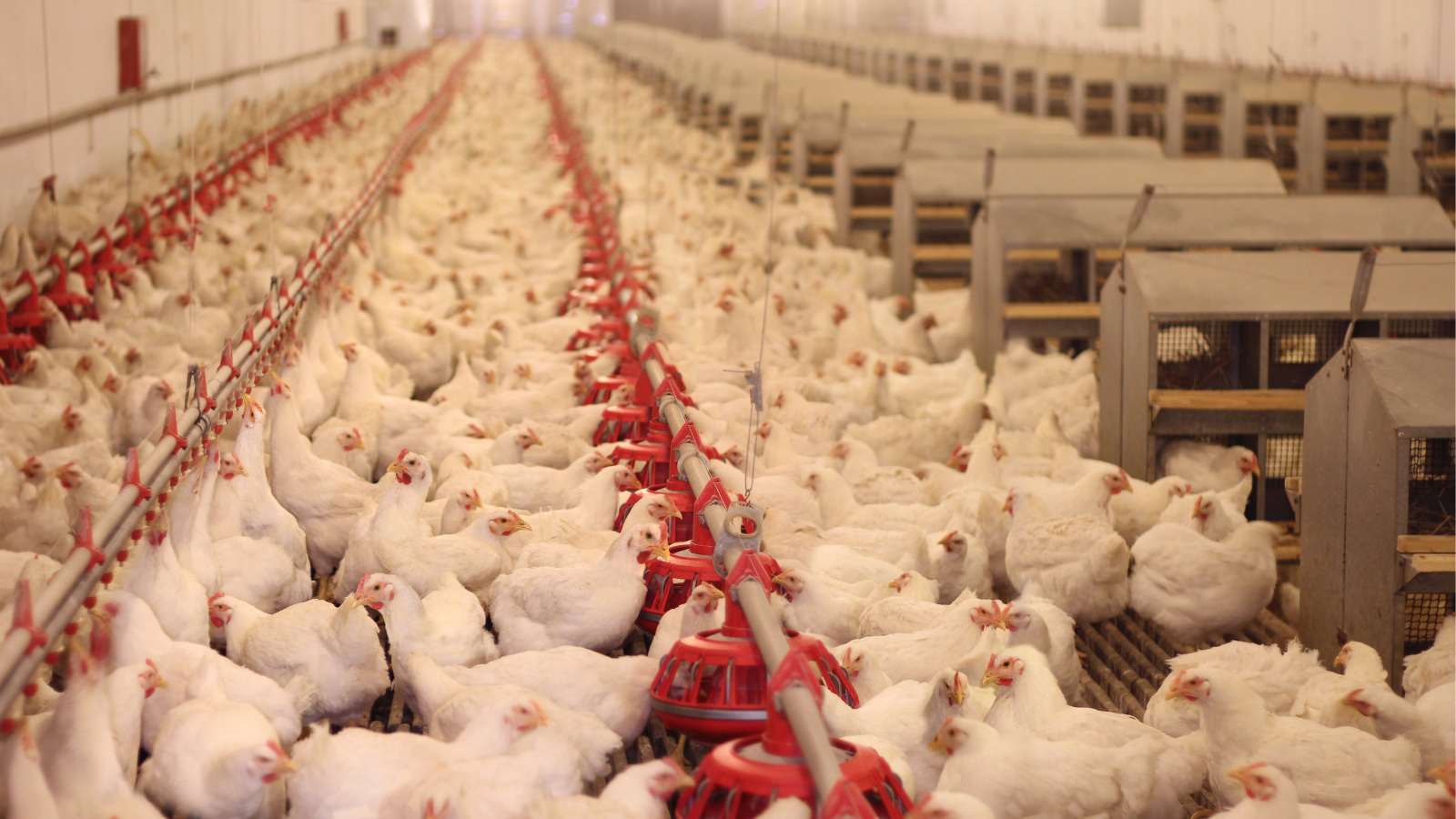
While they may have a marginally better life than caged birds in factory farms, "cage-free" chickens are not healthy, happy birds.
Pasture-Raised vs. Cage-Free Eggs
The biggest difference between pasture-raised and free-range eggs is outdoor space given to the chickens. While free-range or cage-free hens have "access to the outdoors," they spend almost all of their time indoors, tightly packed in sheds. For pasture-raised eggs, each hen is required to get a minimum of 108 square feet of pasture.
Giving chickens the ability to roam outside on pasture is critical to their health, not only because they can forage for insects, but because they get fresh air and sunshine.
Since cage-free birds are not given antibiotics, they are very susceptible to disease. The people who work at these “Big Organic” chicken farms have to wear cleanroom suits when they go in to visit the birds.
This is what a cleanroom suit looks like:
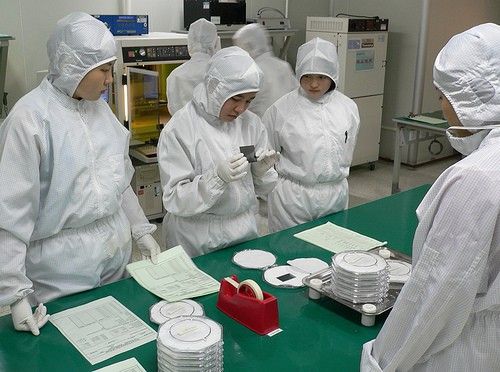
I ask you, folks, what’s wrong with this picture? Isn’t it a bit weird that farmers have to dress up like they’re working at a nuclear power plant?
How Big Organic Lies to Us
Egg cartons are notorious for lying about how chickens are treated.
The Root Simple blog posted these fabulous photos years ago in a brilliant post called An Open Letter to Trader Joe’s.
They doctored a photo of an egg carton from Trader Joe’s to show how the chickens are really raised.
Here’s the egg carton before:

Don’t those chickens look happy? Pecking for worms in the sunshine, a red barn in the distance. Just like we remember from childhood storybooks.
Here’s the egg carton after:

There’s the guy in his cleanroom suit, the windowless shed, miles of green pasture all around without a chicken in sight! The true picture of “Big Organic” chicken farms.
If you want to read more about this topic, pick up a copy of Michael Pollan’s excellent book, The Omnivore’s Dilemma.
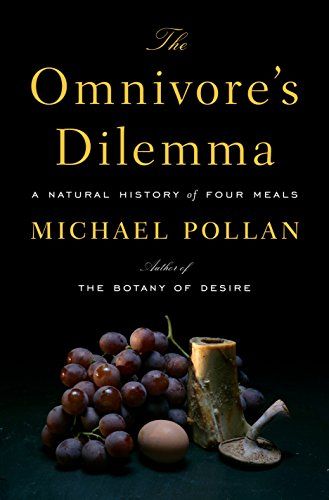
I think this book should be taught in every high school. My teen daughter read it recently and she loved it.
Why Pasture-Raised Eggs?
It was about a year and a half ago that I discovered truly pasture-raised eggs. And I will never go back. Pasture-raised eggs are the best eggs you can buy.
Here’s the thing: chickens need to be outdoors to get vitamin D from the sun. Chickens are also not vegetarians. You always see egg crates boasting a “vegetarian diet”.
Guess what, folks? Chickens are supposed to eat bugs and worms. That’s where they are supposed to get their protein!
It was around that time that I discovered this article, Meet Real Free Range Eggs on the Mother Earth News website.
They did a study in which they compared the nutrients in real pastured eggs to supermarket eggs.
Just look at these numbers! Compared to supermarket eggs (from factory farms), real pastured eggs have a ton more nutrition.
Pasture-Raised Eggs Are More Nutritious Than Supermarket Eggs
- 5 times more vitamin D
- 2/3 more vitamin A
- 2 times more omega-3 fatty acids
- 3 times more vitamin E
- 7 times more beta carotene
Click here to download the PDF with the results.
More Evidence That Pasture-Raised Eggs Are the Best
The Mother Earth News isn't the only one doing research on this. Check out all these other studies they cite:
"In 1974, the British Journal of Nutrition found that pastured eggs had 50 percent more folic acid and 70 percent more vitamin B12 than eggs from factory farm hens.
In 1988, Artemis Simopoulos, co-author of The Omega Diet, found pastured eggs in Greece contained 13 times more omega-3 polyunsaturated fatty acids than U.S. commercial eggs.
A 1998 study in Animal Feed Science and Technology found that pastured eggs had higher omega-3s and vitamin E than eggs from caged hens.
A 1999 study by Barb Gorski at Pennsylvania State University found that eggs from pastured birds had 10 percent less fat, 34 percent less cholesterol, 40 percent more vitamin A, and four times the omega-3s compared to the standard USDA data. Her study also tested pastured chicken meat, and found it to have 21 percent less fat, 30 percent less saturated fat and 50 percent more vitamin A than the USDA standard.
In 2003, Heather Karsten at Pennsylvania State University compared eggs from two groups of Hy-Line variety hens, with one kept in standard crowded factory farm conditions and the other on mixed grass and legume pasture. The eggs had similar levels of fat and cholesterol, but the pastured eggs had three times more omega-3s, 220 percent more vitamin E and 62 percent more vitamin A than eggs from caged hens.
The 2005 study Mother Earth News conducted of four heritage-breed pastured flocks in Kansas found that pastured eggs had roughly half the cholesterol, 50 percent more vitamin E, and three times more beta carotene." (Source: Mother Earth News)
But Aren't Pasture-Raised Eggs Expensive?
It’s true that pasture-raised eggs cost more. However, you get what you pay for.
You’d have to eat 5 supermarket eggs to get the same amount of vitamin D from one pastured egg.
You can buy a dozen eggs for a buck or two at the grocery store. The national average for pastured eggs is about $4-5 per dozen. However, they are worth that in terms of nutrient density. (Note: these numbers are from 2009 when I originally wrote this post.)
I did a little figuring to see how economical pastured eggs really are.
Let’s say you pay $5 for a dozen pastured eggs. That means each egg costs about 42 cents. A “large” egg is about 2 ounces, so you’re paying 20 cents per ounce.
Twenty cents, people. How does that compare to other foods of a similar nutrient density? (The prices are based on what we pay here in California.)
Pasture-raised eggs ($5/dozen): 20 cents per ounce
versus...
Raw grass fed organic butter ($8 per pound): 50 cents per ounce
Raw grass fed organic cream ($7 per pint): 44 cents per ounce
Pasteurized grass fed butter – ($5 per pound): 31 cents per ounce
Grass fed organic ground beef ($4 per pound): 25 cents per ounce
Grass fed organic beef liver ($3 per pound): 19 cents per ounce
Raw grass fed organic milk ($10.50 per gallon): 8 cents per ounce
Cage-Free Eggs: Not All They're Cracked Up to Be
The bottom line is this: "cage-free" is a loosey-goosey term that is essentially meaningless. It allows Big Organic to sell eggs for more money, but what you're getting is not actually better.
Where To Find Pasture-Raised Eggs
If you can't find pasture-raised eggs at your farmer's market, I highly recommend Vital Farms.
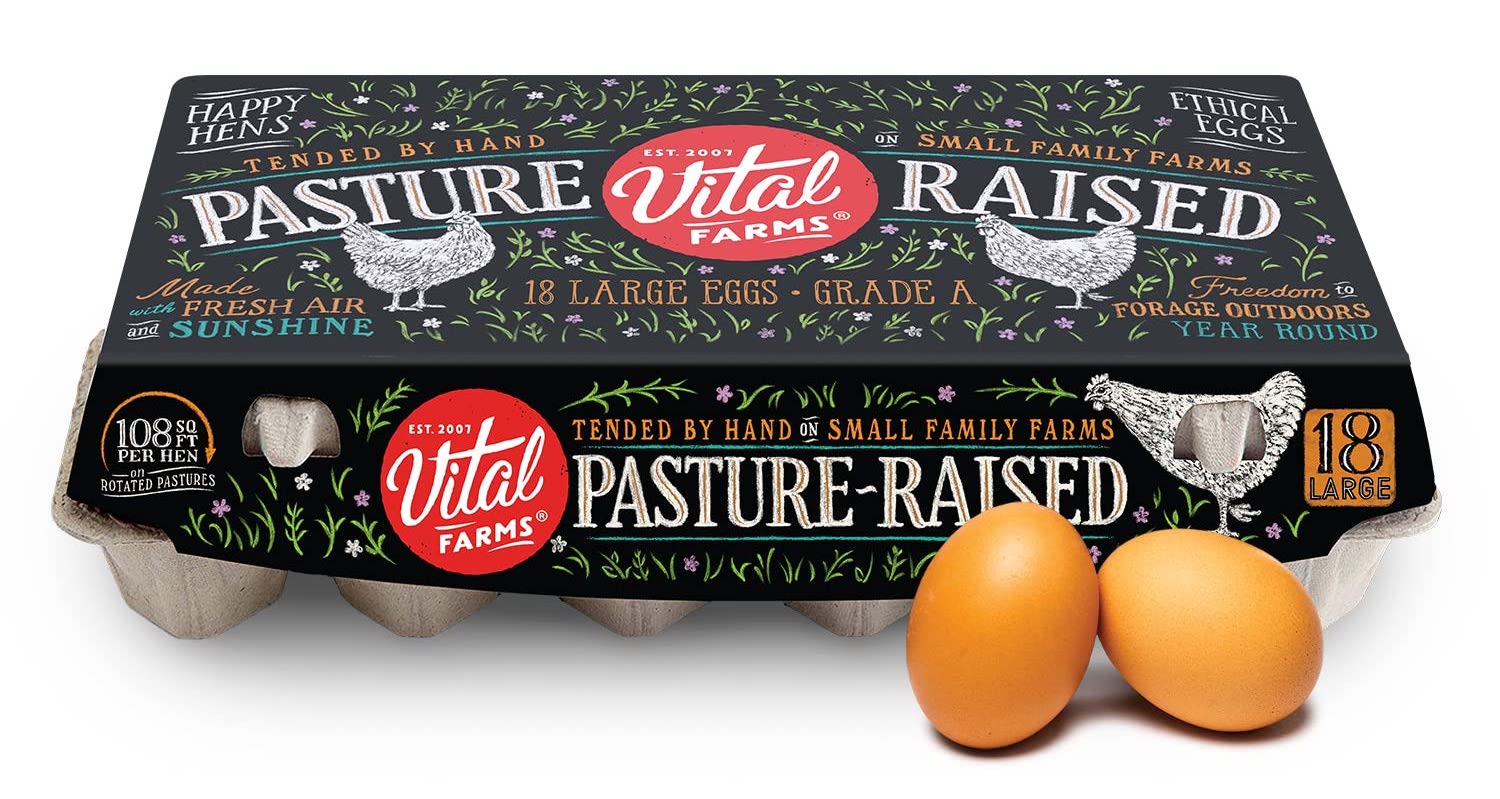
You can also check out the Eat Wild or Local Harvest websites to look for pastured eggs in your area.
Pin This Post
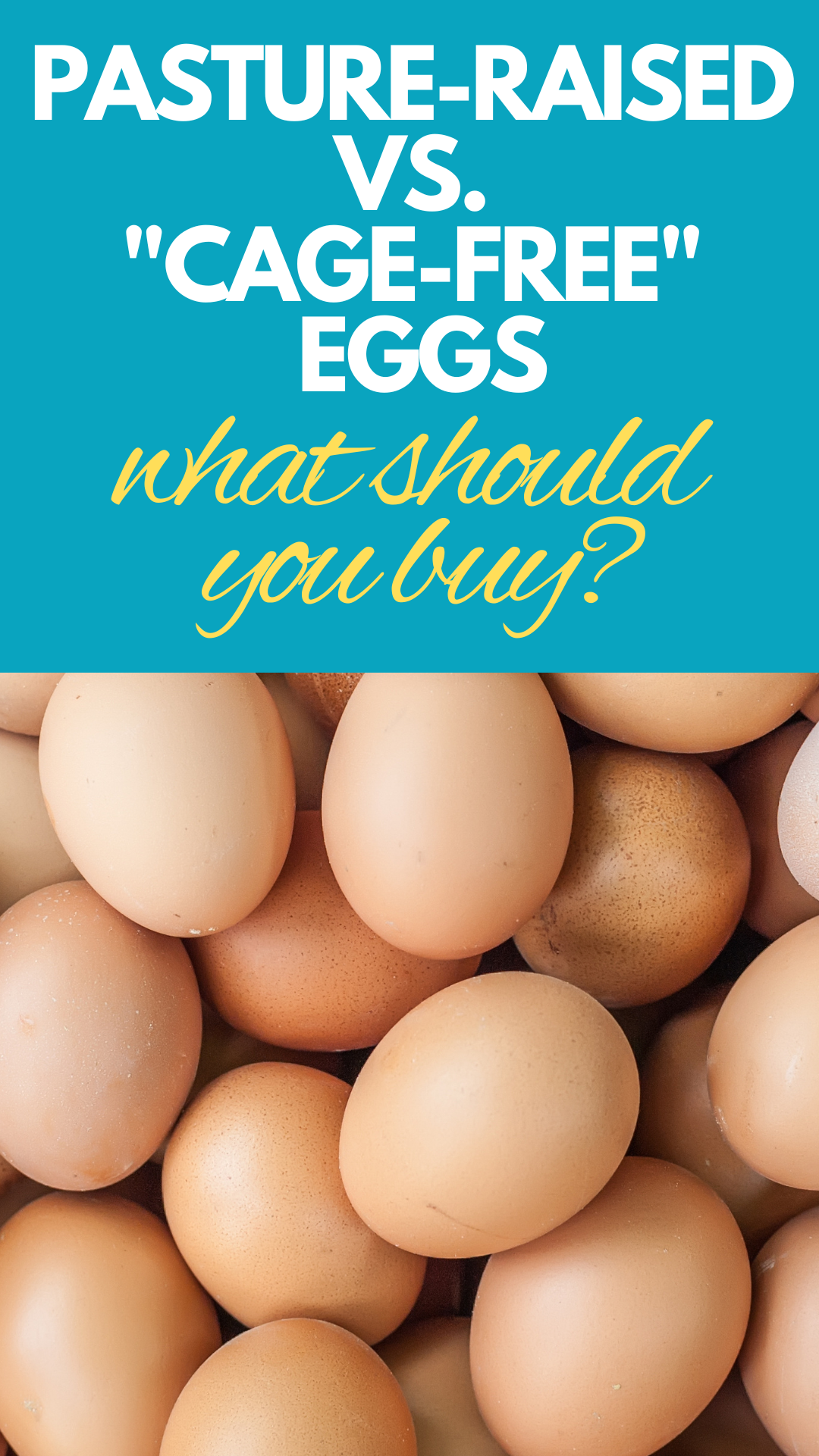



Comments ()